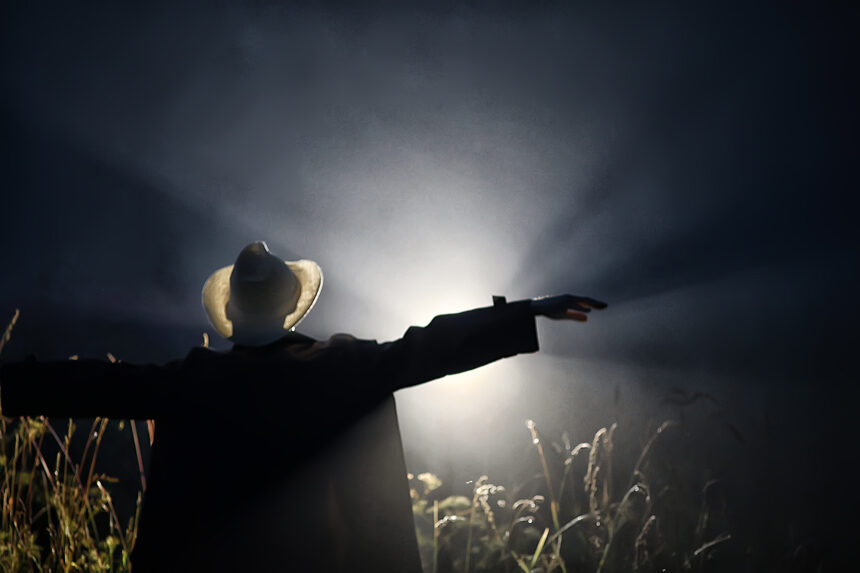Senior managing editor and logophile Andy Hollandbeck reveals the sometimes surprising roots of common English words and phrases. Remember: Etymology tells us where a word comes from, but not what it means today.
Many a good story is made not by its heroes but by its villains. What would the James Bond franchise be without Dr. No, Auric Goldfinger, or Ernst Blofeld? How would Harry Potter (and for that matter, Neville Longbottom) embody bravery if not for the specter and then the reality of Lord Voldemort? Remove Thanos from the equation, and Avengers: Endgame would have been a movie about superheroes from across the Marvel Comics Universe assembling for a nice picnic in Wakanda.
So yes, we love our villains, and the more villainous the better. But that word villain didn’t start out naming someone with maleficent intentions. It traces all the way back to the pastoral residences of ancient Rome.
In Latin, a country home or farm was called a villa, a word that has come largely unchanged into English through Italian. (And yes, it’s related to village.) In Medieval Latin, the person who worked the farm — either a farmhand or a serf in the feudal system — was called a villanus. In Old French, that became vilain, and its sense was expanded beyond farmland to include peasants and commoners off the farm. It began to appear in English texts in the early 14th century as both vilain and vilein and was essentially a synonym of villager.
The aristocracy of the time — who often believed their wealth and power was due to their superior morality and manners — looked down at “the common folk” as poor, brutish, or low-born yokels. And because the rich and powerful were also the well-educated, they exerted an outsized force on linguistic change. In other words, because their words were the ones written into science, history, and entertainment, their shifts in language spread and stuck more easily.
So it didn’t take long for villain, however it was spelled, to carry the sense of an uncivil wretch, a depraved soul, and eventually a ne’er-do-well or outright criminal.
By the Elizabethan era, villain had completed the transition to the type of villain we know today (though the word wouldn’t be used to describe specifically the antagonist of a story until the early 1800s).
Shakespeare doubled down on the word to comic effect in Act IV, Scene 3, of All’s Well That Ends Well (written in the first decade of the 1600s) when a lord says of a Captain Dumaine, “He hath out-villain’d villainy so far that the rarity redeems him.”
In more modern entertainment, this makes me wonder whether the creators of Avengers: Infinity War were having a little lexical fun at the end of the movie: After Thanos blinks uncountable numbers of beings out of existence, he disappears to a humble home on a tranquil planet to retire, and we see evidence that he was doing some farming there.
In other words, the movie’s villain retired to a villa.
Become a Saturday Evening Post member and enjoy unlimited access. Subscribe now




Comments
Villa and villain have more unlikely connections than most of the words you’ve explored and explained in this column.